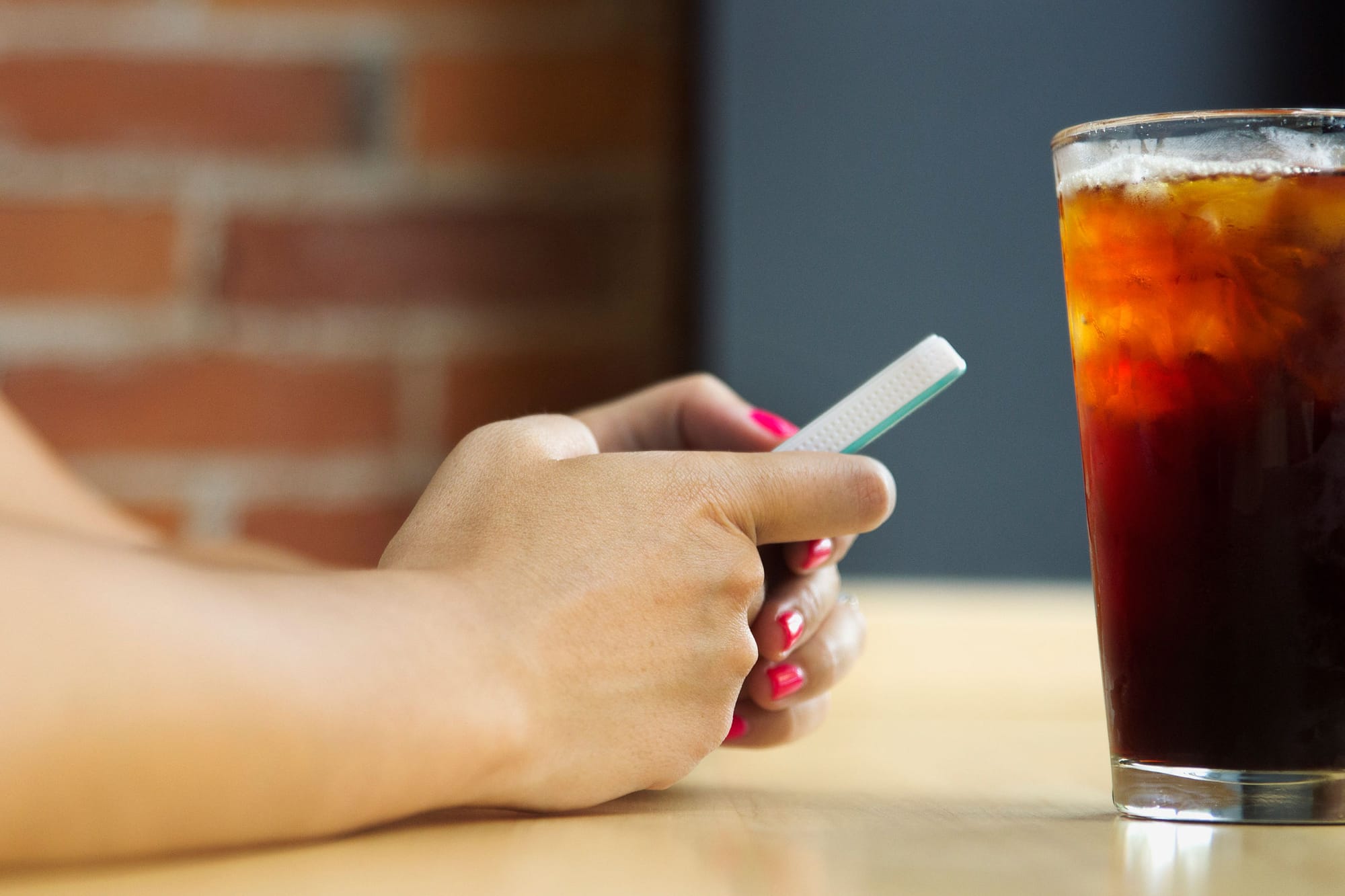It's My Right. (Part 1)
I know my rights. It is my right as an American to say whatever I want to say. I have freedom of speech, and I have the right to exercise it.

I Know My Rights.
It is my right as an American to say whatever I want to say. I have freedom of speech, and I have the right to exercise it.
I have the right to buy what I want to buy.
I have the right to be happy when society tells me I should be upset.
I have the right to be upset when society tells me I should be happy.
I have the right to watch the movies that I want to watch and to listen to the music that I want to listen to.
I have the right to protest, to boycott, or to buy a store's entire stock of products that I disapprove of.
I have the right to defend myself.
I'm American. I have rights.
If your primary identity is comprised of being American, then you can stop reading right now. You are entitled to all of these liberties and more - they have been earned by the blood, sweat, and tears of many generations of Americans before you.
But if you identify as more than American – if you see yourself as a member of the global population – you should be aware of something: Most of the world doesn't share these rights.
Take a trip to Africa. Or Cuba. Or Haiti. Or any other country that's not ranked among the world's richest. Walk around that land and ask people their thoughts about the rights that we, as Americans, claim so brazenly.
The right to buy what I want to buy? The concept of consumerism is difficult to comprehend when every penny that you get is spent struggling to survive.
The right to say what I want to say? In many parts of the world, this right doesn't exist. You can't talk about the government and you can't talk about your country's leaders without risking imprisonment, or even death. Protestors in Russia, even prominent groups like the feminist punk rock band Pussy Riot, are routinely arrested and imprisoned for their speech. North Korea actively censors everything that it's population is able to learn about the outside world, and speaking against the government often costs your life.
The right to defend myself? Much of the world would laugh in your face. They are emotionally, verbally, physically, and sexually abused at the hands of their landlords, employers, or creditors. Their children are taken from them, forced into sex slavery, and most likely won't live to see the age of 18. There is no way for them to fight back.
As I write this blog post, typing on my laptop and listening to the crackle of fire in the fireplace, and as you read this blog post, scrolling down the page on your phone or your iPad, hundreds of millions of people across the globe are scrounging for any work they can do that will allow them to feed their families. They would be overjoyed to take on the jobs that you and I would never even consider.
If you take a global perspective on human rights, you've got to acknowledge that the rights that we have as Americans are not rights at all – they are privileges that we are blessed with.
And it's time that we recognize these privileges as such, rather than feeling that we have any kind of entitlement to them.
And it's in our power to aid many of the people who don't share these privileges. There are organizations all around us that are fighting to bring these freedoms to the underprivileged around the world.
Groups such as His Voice Global, Hosanna Institute of the Sahel, End It Movement, and World Vision are doing incredible things, but they need our help. If you want to get involved, I know that they would love to hear from you. Or you may know of another organization that is making a positive impact on our world – reach out to them today and contribute to a world that's hurting.


Discussion